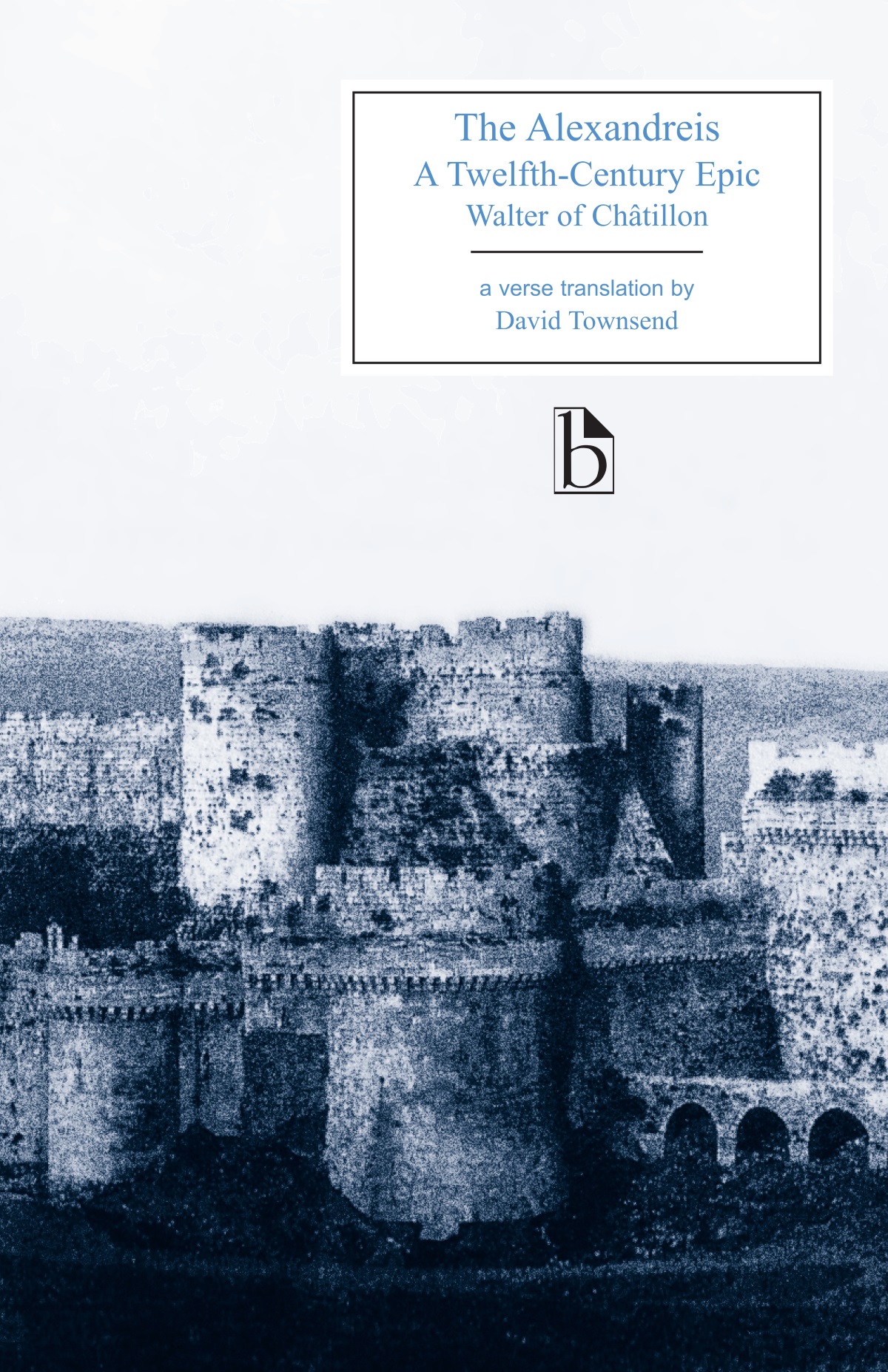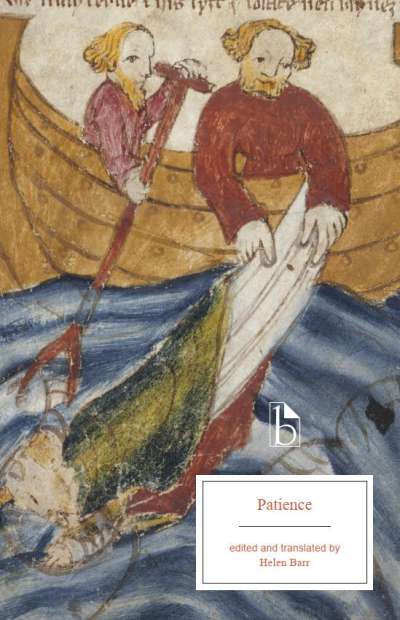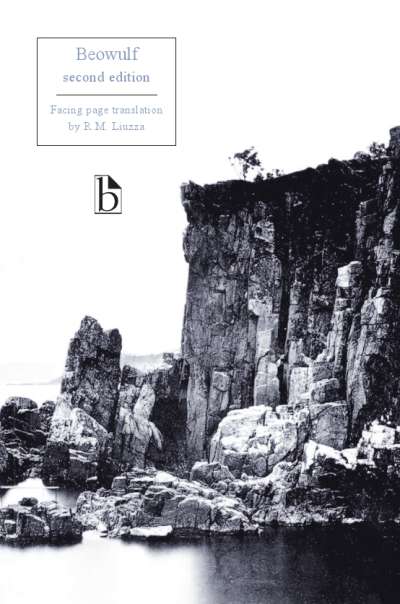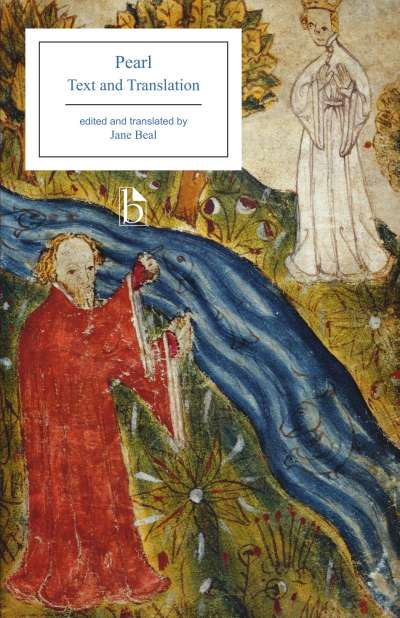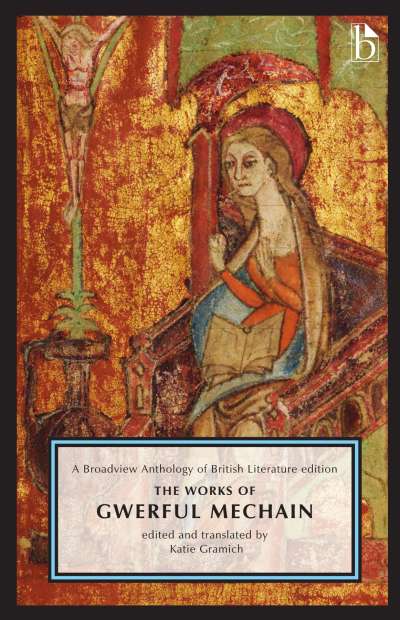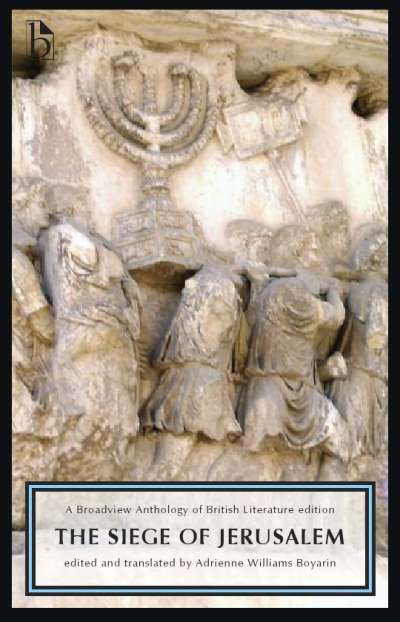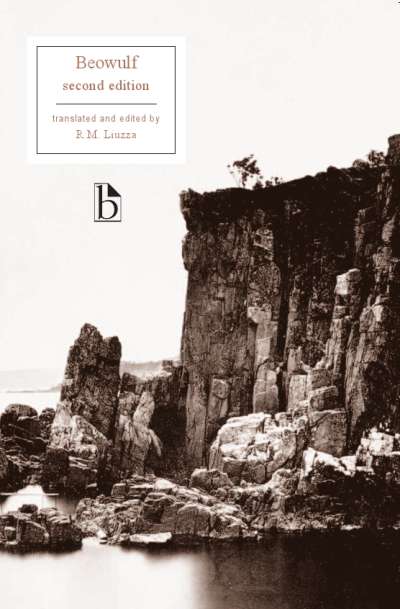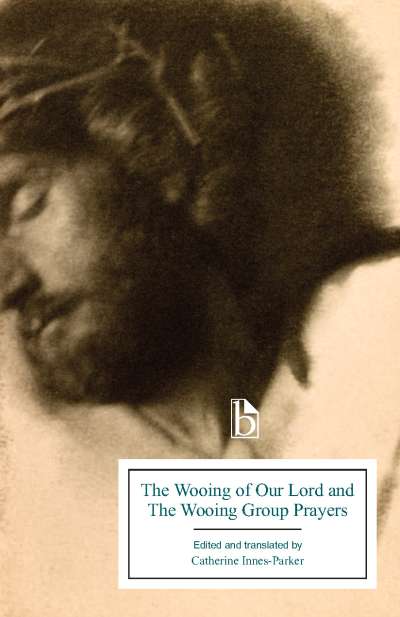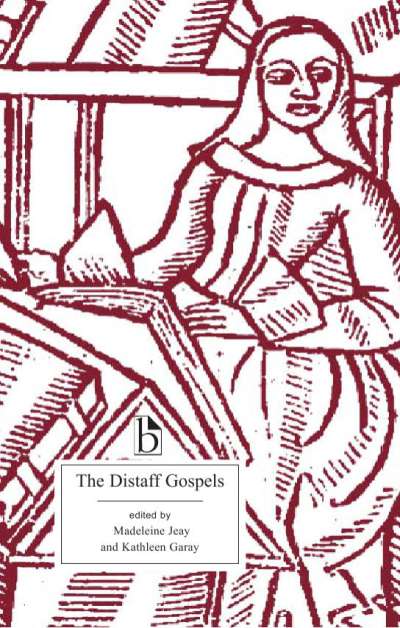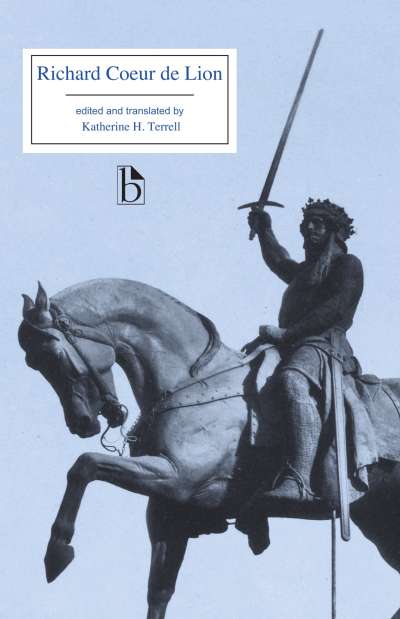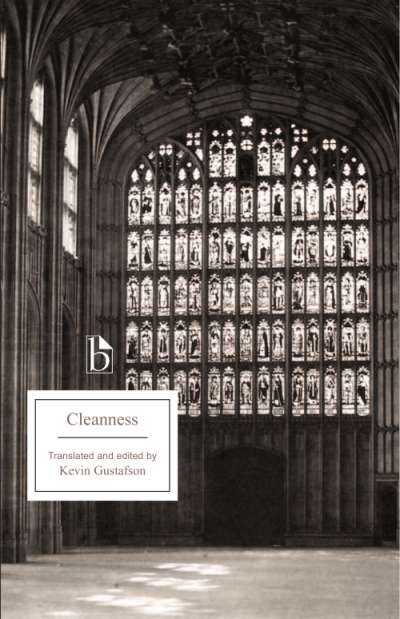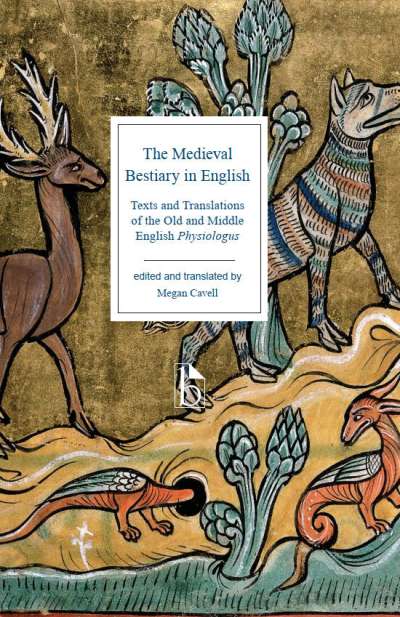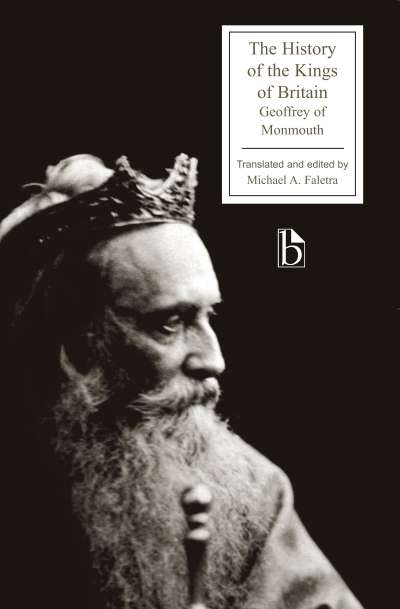Walter of Châtillon’s Latin epic on the life of Alexander the Great was a twelfth- and thirteenth-century “best-seller:” scribes produced over two hundred manuscripts. The poem follows Alexander from his first successes in Asia Minor, through his conquest of Persia and India, to his progressive moral degeneration and his poisoning by a disaffected lieutenant. The Alexandreis exemplifies twelfth-century discourses of world domination and the exoticism of the East. But at the same time it calls such dreams of mastery into question, repeatedly undercutting as it does Alexander’s claims to heroism and virtue and by extension, similar claims by the great men of Walter’s own generation. This extraordinarily layered and subtle poem stands as a high-water mark of the medieval tradition of Latin narrative literature.
Along with David Townsend’s revised translation, this edition provides a rich selection of historical documents, including other writings by Walter of Châtillon, excerpts from other medieval Latin epics, and contemporary accounts of the foreign and “exotic.”
Comments
“In 1996, David Townsend published a very free but also very good verse translation of the Alexandreis by Walter of Châtillon, one of the most influential poems of the ‘Twelfth-Century Renaissance.’ This new volume improves upon the earlier translation; it also provides additional materials to shed light on Walter’s other writings, the twelfth-century Latin epic tradition in general, and the medieval Alexander tradition. Townsends elegant and readable English could be used with other translations in a course on medieval epic and romance. It could provide a focal point for students and general readers in understanding the image of Alexander the Great across time. The possibilities are legion.” — Jan. M. Ziolkowski, Harvard University
“While the Alexandreis did much to shape the medieval attitude to history, this translation helps to define it.” — The Times Literary Supplement

